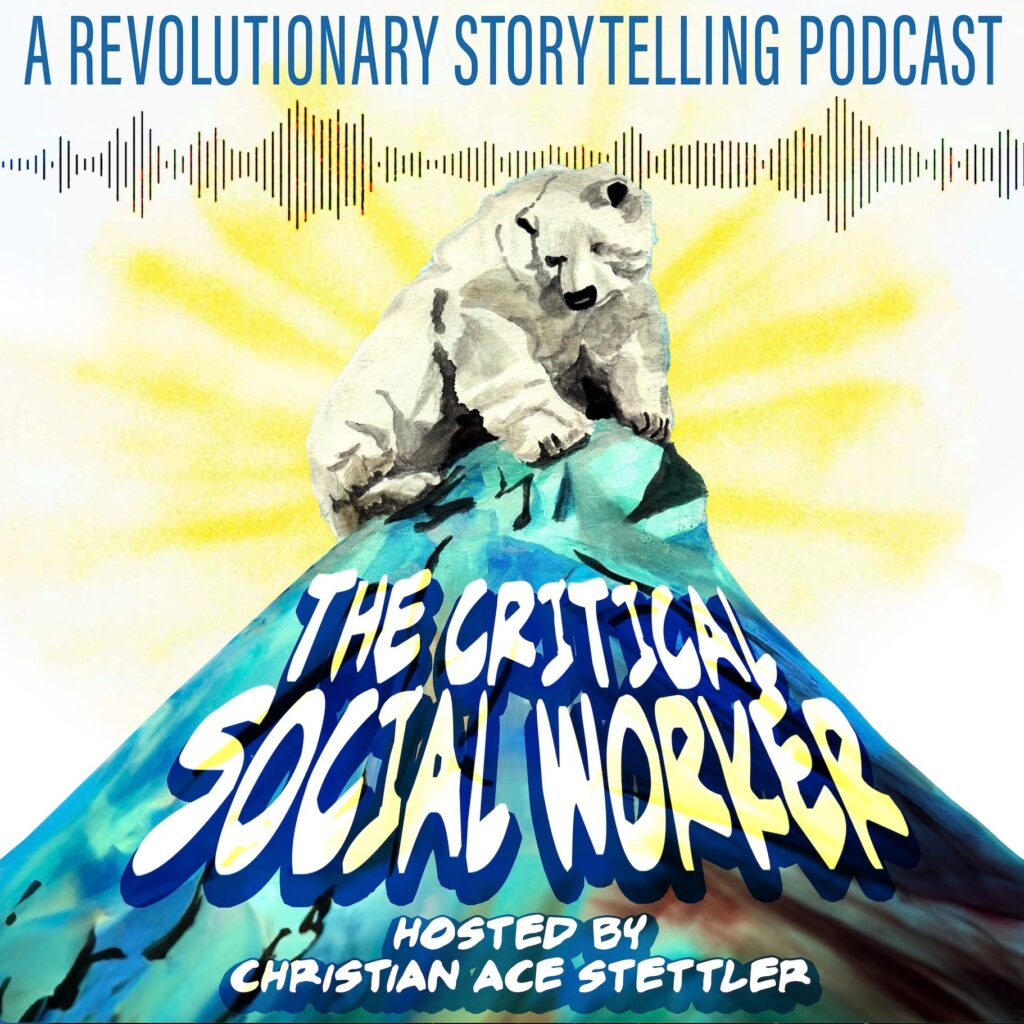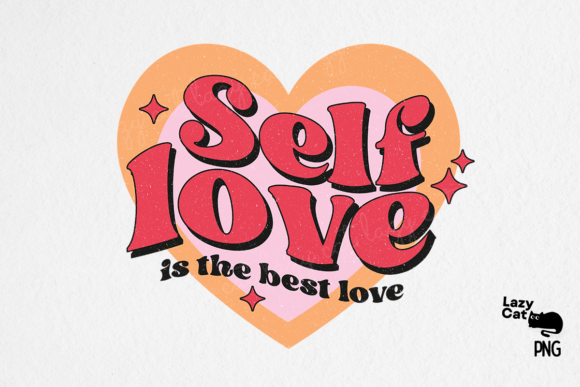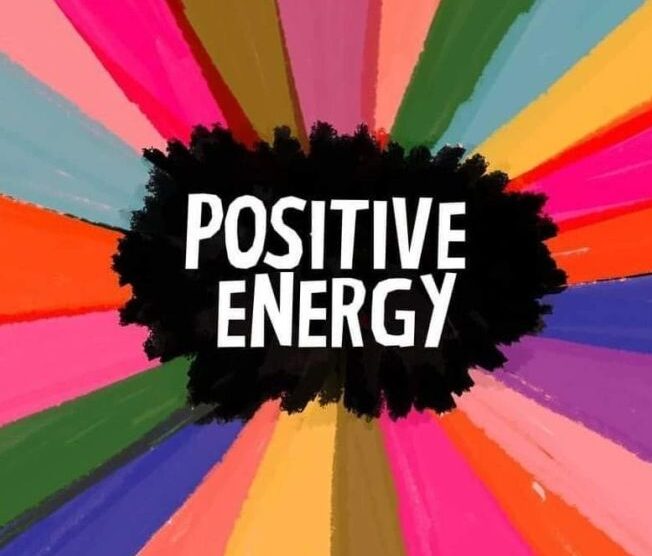
This blog showcases the thoughts and insights shared in a conversational podcast from two revolutionary social workers who use their experiences, cultural humility, and self reflection to offer knowledge and support to their communities. Christian Stettler, the host of the podcast works as a professor at UAF in the Social Work department and offers a new dynamic to teaching that highlights the power of knowledge between peers, professionals, students, Alaska Native ancestors, and anyone who offers a revolutionary perspective on oneself, community, culture, and the social work profession. Remember, think deep, question, and keep an open-mind.
In this particular episode, Stettler introduced Michon Whiterose LCSW who offered her experiences in the social work field and her personal life, as well as her appreciation for self growth, love, and awareness. Throughout the episode both Whiterose and Stettler spoke about their childhood experiences, realizations they’ve made as parents, and how important self-care is for growth, healing, humility, and of course, social work. There were several things that resonated with me in this podcast both personally and in regard to social work.

What Hit Home?
With the events of my childhood, I related to a lot of the feelings and lack of self worth that Whiterose spoke on. With me being in my early twenties right now, I am currently working through this hurdle. Learning how to value me, make time for self-care, and quit chasing perfectionism, as Whiterose put it when describing her own experiences. Being the oldest sibling in my family, I took on this role as mediator. I was the middle man between my parents, as well as filing the role as “mom” to my younger siblings at times. This combination, along with worry and anxiety, created an obsession with being perfect. The lack of recognition for what I did do, wanted me to take on more. Be more successful, more interesting, and more impressive. In the end, this leaves me exhausted and everyone (and everything) around me taken care of. Focusing on shifting this internal image, creating boundaries (both with others and myself), and seeking out what makes me happy is a main focus as of now. Seeing and reading material of others who have or are going through this has been a major motivator.
One big takeaway from the podcast was learning about aligning my actions and behaviors to my values. This concept shared by Whiterose is such an important one. It highlights how we often are living a life that is not true to our souls. We put aside our values for various reasons, but each time it makes us feel down. How can we begin to help others in their lives and struggles if we aren’t living the strategies and words we speak of?
Being Revolutionary
Whiterose is truly revolutionary, as her philosophy of social work and self-love was revolutionized as she became a mother. In this moment, she realized how her own personal image and behaviors were not ones she wanted for her child. She was struck by this new mindset telling her that to create a new path for her children, she would need to finish the road before them. This ties directly into the concept of being a revolutionary social worker, as Whiterose delved deep into self reflection to offer the best and most healthy support to her children, family, and clients. I found her story beautiful and raw.
As Stettler added his own perspective on his inner child and parenting habits, as well as discussed experiences/approaches in education with Whiterose I thought of several things…

Click arrow to see more
Are we taught to have positive self worth?
For a quick moment Stettler mentioned a self-care day or event he attended while in college. I related this experience to one that I had in high school.
During my freshman year of high school there were several deaths in my school. Students in accidents, dealing with illness, and some who lost their mental health battles to suicide. Quickly staff and teachers noticed how this was impacting the student body. Considering, they created a “reset day.” On this day we didn’t attend to our normal class schedule and instead had many options of activities to chose from. We could play games in the gym, do art in the library, some teachers had crafts, karaoke, or just offered a space for students to talk. These attempts were to show students that their school supported and recognized their feelings… or at least we thought.
The next year came around and towards the middle of the school year (when students begin to feel drained) people began asking when “reset day” would happen again. To our surprise, it wouldn’t be. This shocked us. We felt we deserved that day to focus on self care and building interpersonal relationships with our mentors, teachers, and peers. Many of us felt sick that so much tragedy had to happen for students to “deserve” this event.
The recollection of this felt relevant to Whiterose and the experiences she shared about her development of self worth. How she wanted to teach her children that their worth is not based on anything, but something they were born with.
Can we radiate energy?
With all the materials we have covered this semester the topic of self-reflection has been a common theme. Knowing how you feel, where you come from, your values, etc. are important when supporting individuals in their own path of self discovery.
I believe that each person carries their energy. Whether it is positive or negative, those around you can feel the energy you radiate. When we lead our lives with positivity, love, and respect we attract that. More importantly, we inspire it. As social workers it is crucial to recognize the energy you carry, since promoting positive change is almost impossible when harboring negative weight.
What are my inspirations?
Stettler and Whiterose went back and forth several times discussing how their inner child influences their actions, reactions, and behaviors as a parent. On one side the inner child is healed as a parent plays and interacts with their child. On the other hand, specific situations may trigger that inner child resulting in harsh or unwarranted interactions. This is a major influence to my decision to work with children and families.
Taking courses such as family ecology, parents as partners, and various child development ones has taught me so much about myself and my family. Not only was I able to apply the information to make sense of my own thoughts and actions, but I did the same for my parents too. Through this process I began to recognize how often my parents reacted with their inner child. Using their own deep feelings to drive how they interacted with my siblings and I.
This realization solidified my belief and commitment to bettering families to better the future.
Overall…
To close this out with a bold statement, this has been my favorite podcast I’ve seen this semester. I resonated with the content not only as a social worker, but also as a human being. I believe that focusing on our healing and creating change from within is the only way to harvest great change in ourselves, our families, and our communities.
“The quickest and most effective way to change the world is to be a good human and raise good humans”
Michon Whiterose LCSW
***All of the images used in this blog were find on google or from The Critical Social Worker podcast***
Sean McCrossin
I think this podcast could really help spread the message of being the one in your family lineage for example; to change the behavior of yourself in order to change the behavior of your descendants. While you were the oldest, I was the youngest of my family. So I put myself in your shoes if i were the oldest sibling and it’s interesting how much I still see similarities. I love my older brother but man oh man I swear I’m the older one. That being said he is still responsible and does have his shining moments. But it’s experiences where even though I’m the youngest, I feel I could really shape my kids lives for the better if I ever became a father. It truly does seem “revolutionary” across the whole sort of spectrum. This was a good read once again and i appreciate your point of view.
Neveah Reese
Generational trauma is very real, and I agree that the podcast certainly created a narrative that if you can warrant change from within, that change will radiate to your offspring. I always preach this!
John Da Broi
I think this podcast helps us as the listeners learn how to fix problems with not having to relie on others to make improvement/progress in your life. I think finding the problem/issue that creates this certain behavior and being able to solve it yourself makes you infinitely stronger because you are able to stop doing something that is negatively affect yourself. Especially as a parent you kids watch everything you do I know when I was little I tried to walk in my dads footsteps as much as possible because he was my role model and kids don’t know right from wrong yet they just know that they want to be like their parent.
Neveah Reese
For a long time, I always thought about the way I felt as being a result of someone else actions. While this might be true, recognizing that change can only happen through yourself is so powerful. I also believe that it creates a deep sense of strength in your personality.
Jaelynn Anderson
Self-reflection is a beautiful thing that helps us heal and grow. I’m the oldest of 2 and I agree with everything you said in the “What hit home?” Section of your blog. What hit home for me was when Whiterose started mentioning her own children and how I want my child to view herself better then how I view myself.
Neveah Reese
That part of Whiterose’s story was so touching. I don’t currently have children, but this again reminded me of how much reflection and inner work I have to do still. I want to that mirror for child future children as well.
Alex Beaudouin
Hi Neveah,
Thank you for sharing your blog. Reading your blog I can see that change starts from within when an individual takes personal responsibility for their personal growth and development. Self-reflection reflects our values, beliefs, and behavior through initiating change. As individuals, we have to examine our strengths, weaknesses, and areas for improvement. There is a deep self-awareness in each of us that delves into our understanding of our emotions, thoughts, and patterns of behavior. This awareness enables us to identify negative or unproductive habits and replace them with positive ones. Time and effort are part of the process of change. While committing to personal growth and soul searching, we have the opportunity to create positive changes and inspire others to do the same.
Christine Ryan
Hi Neveah,
Loved your blog and how you were able to resonate with it. I am closer to 40 and it took me a lot longer to realize my worth and how we need to take care of ourselves first before we can help others. It was eye-opening to hear WhiteRose talk about being overworked and very stressed. Little time and lots of clients. She stressed how the job took its toll and having empathy made it hard to not absorb her client’s challenges and carry them with her. She found a better position that gave her spoons and a sense of worth instead of being overworked and undervalued. Burnout is big in this role and being able to recognize limits and boundaries.
Mel Maendel
Hi Neveah,
Thank you for sharing your experiences, feelings and how they related to the podcast, it is not always easy. I also find the message that we have to live a life that aligns with our souls. If we don’t stay true to ourselves and values, then we will be left feeling more down like you have mentioned. It is not a easy road in this society but it is necessary for us to become the best versions of ourselves just like WhiteRose is and has achieved.
Annalee White
Neveah!
Beautiful writing, thank you for bringing a spotlight to this topic. I loved Seans comment about being the one to break he generational trauma, I see it more and more promoted through social media and in my personal life. It is something some of my cousins have tried to work with on their parents and even grandparents. Some have even gone to therapy, which has been such a huge life changer.
Jillian Bowman
Hi Neveah!
Firstly, I absolutely love the the way you formatted your blob and your writing style. I also relate quite a bit on the lack of self worth Whiterose mentioned, and I love that you ended the blog with that quote. I truly believe raising my son is the most important thing I will have the opportunity of doing in my life and I wish more people viewed parenting as such.
Deandra Nicholai
Waqaa Neveah!
Well written blog! Thank you for telling a bit of your story in the “What Hit Home?” section. I related to you being the oldest sibling and having many roles, even being the second mom to my siblings. I enjoyed reading your blog a lot. I liked what Whiterose said about our worth is not based on anything, but something we were born with.